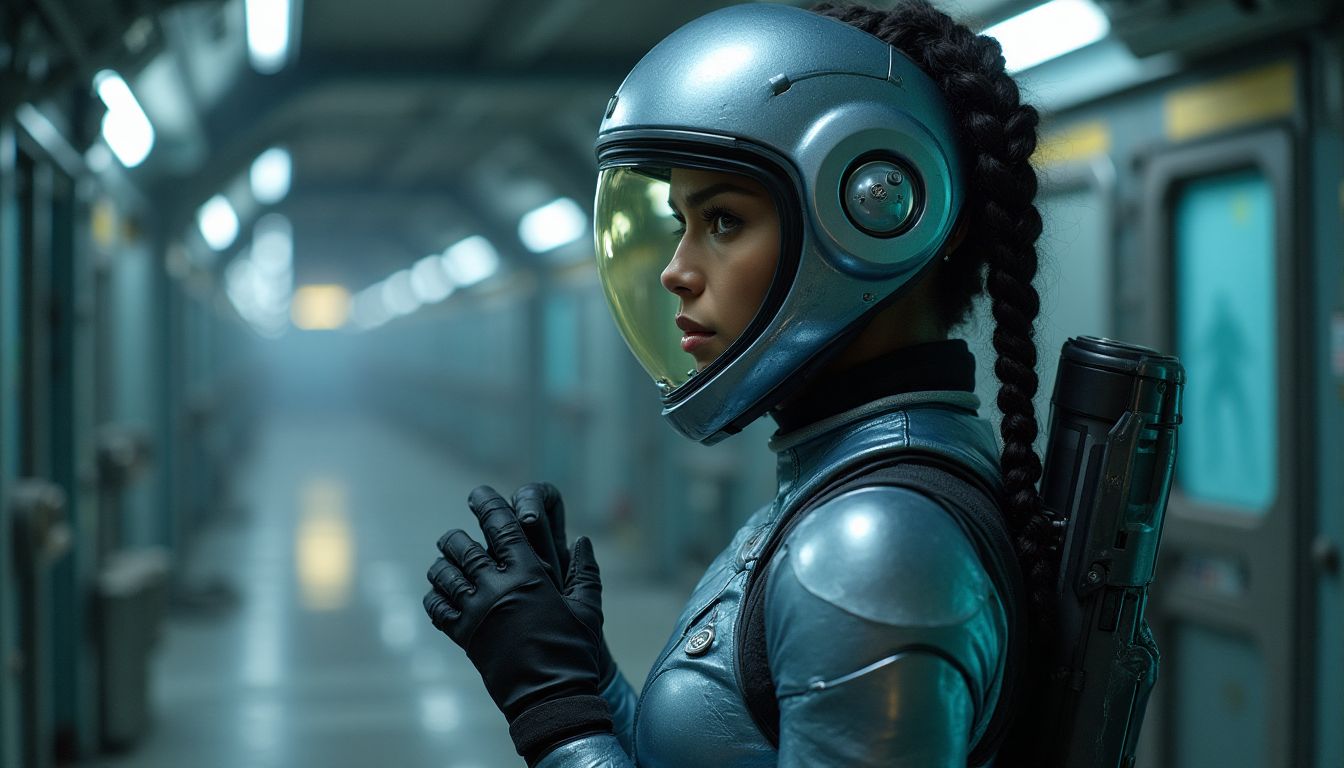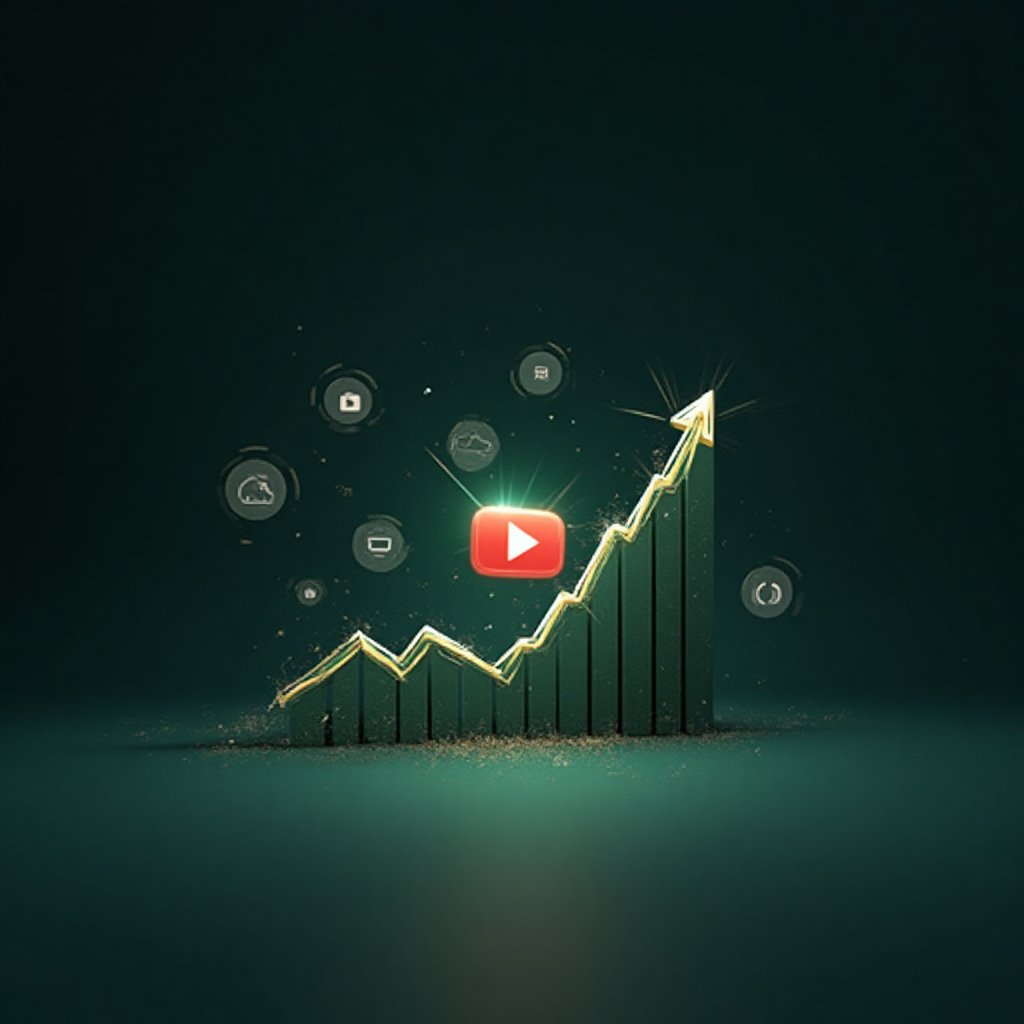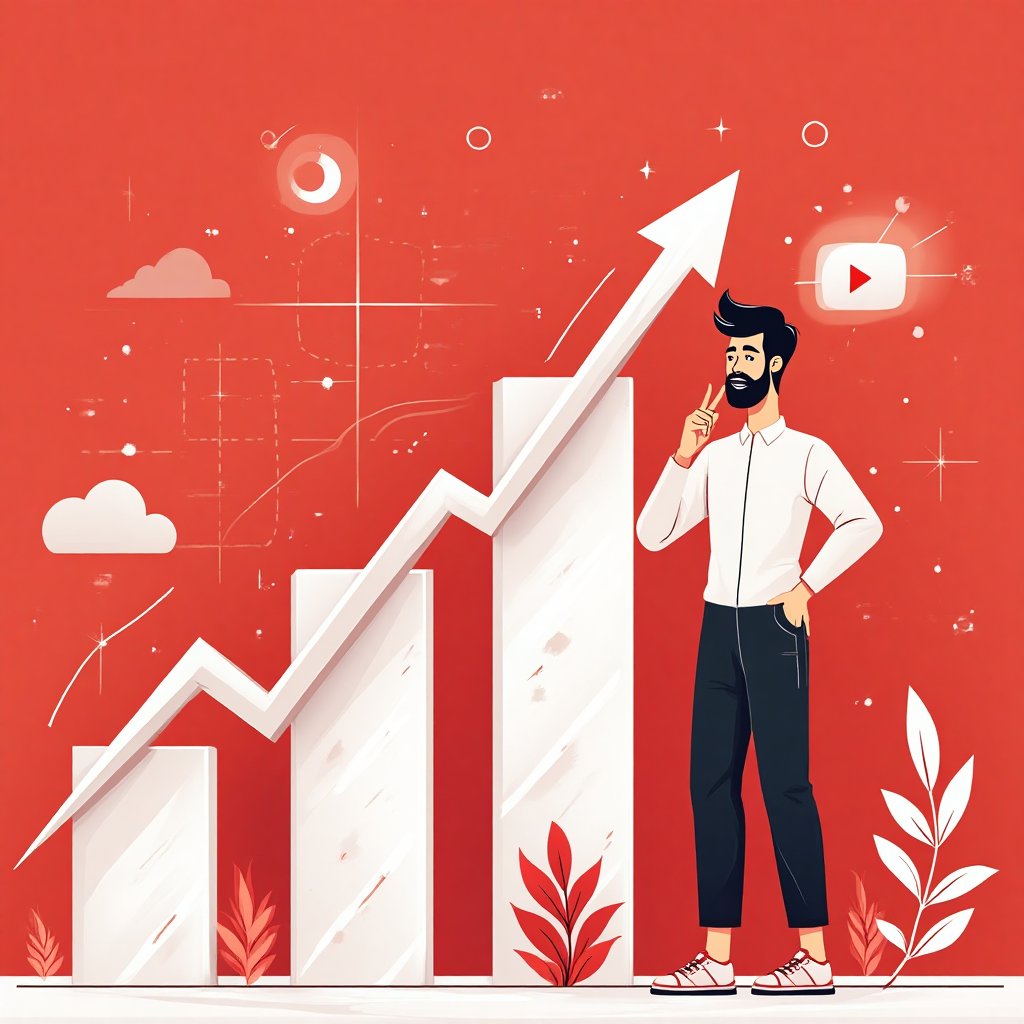Sam Altman, the CEO of OpenAI, recently dropped a bombshell in his blog post titled The Gentle Singularity. If you’re not familiar with Altman, he’s the guy who’s been steering the ship at OpenAI, the company behind ChatGPT. His essays are rare, but when they drop, they’re like a roadmap to the future. Remember when he predicted AI systems that could summarize legal documents? Well, guess what? We’re living in that future now. So, when Altman talks, it’s worth paying attention. Let’s dive into his latest essay and unpack what it means for humanity, AI, and the world as we know it.
Altman starts by declaring that we’re already past the event horizon. The takeoff has begun. Humanity is on the brink of creating digital superintelligence, and so far, it’s been… surprisingly uneventful. But what does that even mean? What is the singularity, and why should you care? Let’s break it down.
What is the Singularity, Anyway?
The singularity is the moment when artificial intelligence surpasses human intelligence in every possible way. Some call it AGI (Artificial General Intelligence), but the real kicker is when AI starts improving itself recursively. Think of it like a black hole—once you’re inside, the rules of physics as we know them break down. Similarly, once AI becomes smarter than humans and starts upgrading itself, all bets are off. No one knows what happens next. It’s like falling into a black hole—you don’ know what’s on the other side.
Altman’s essay suggests that we’re already in the early stages of this singularity. It’s not a sudden explosion of intelligence but a gradual, almost gentle shift. And that’s what makes it so fascinating—and a little terrifying.
Timelines and Predictions: What’s Coming Next?
Altman lays out a timeline of what to expect in the coming years, and it’s nothing short of mind-blowing. Let’s take a closer look:
2025: The Year of AI Agents
Altman predicts that by 2025, we’ll have AI agents capable of doing real cognitive work. Writing code? That’ll never be the same. But not everyone agrees. Andrej Karpathy, a respected AI researcher, warns against the hype. He points out that self-driving cars felt imminent back in 2013, but here we are, 12 years later, and full autonomy is still a work in progress. Karpathy calls this the “decade of agents,” not the year. So, while Altman is optimistic, others are more cautious.
2026: Novel Insights and Breakthroughs
By 2026, Altman believes we’ll see AI systems that can generate novel insights. Think of AlphaDev, Google’s AI that discovered new ways to optimize algorithms. This is a big deal because one of the biggest criticisms of current AI is that it can’t create new knowledge. If Altman’s prediction holds, we’re on the verge of a major leap forward.
2027: Robots in the Real World
Here’s where things get sci-fi. Altman predicts that by 2027, we’ll have robots capable of performing tasks in the real world. Think of Figure 3, a robot that can work autonomously for hours without human intervention. If this happens, it could be the “ChatGPT moment” for robotics—a game-changer that reshapes industries and daily life.
The 2030s: A World of Abundance
By the 2030s, Altman envisions a world where intelligence, energy, and ideas are abundant. People will still love their families and swim in lakes, but the rate of technological progress will be staggering. We could go from solving high-energy physics one year to colonizing space the next. And some people might even choose to “plug in” by merging with AI, a concept popularized by Ray Kurzweil in his book The Singularity is Near.
The Critics: Is Altman Overhyping AI?
Not everyone is on board with Altman’s vision. Gary Marcus, a prominent AI critic, has accused Altman of making promises he can’t keep. Marcus compares Altman to Elizabeth Holmes, the disgraced CEO of Theranos, who promised to revolutionize blood testing but ended up in prison. Marcus argues that Altman’s hype is harmful and that pure scaling of large language models (LLMs) won’t lead to AGI.
Altman, of course, has fired back, calling Marcus a troll and defending OpenAI’s achievements. But the debate raises important questions: Are we overestimating AI’s potential? Or are we on the cusp of a technological revolution that will change everything?
The Bigger Picture: What Does This Mean for You?
Whether you’re a tech enthusiast or just someone trying to keep up with the times, the gentle singularity has implications for everyone. Imagine a world where AI handles mundane tasks, freeing you to focus on creativity and relationships. Or a world where robots work alongside humans, making life easier and more efficient. But it’s not all sunshine and rainbows. There are risks, too—misaligned AI, job displacement, and ethical dilemmas that we’re only beginning to grapple with.
So, what do you think? Are we heading toward a future of abundance and wonder, or are we setting ourselves up for disappointment? Let’s keep the conversation going. Share your thoughts in the comments, and don’t forget to join the iNthacity community—the Shining City on the Web. Like, share, and let’s explore the future together.
Wait! There's more...check out our gripping short story that continues the journey: The Right Choice
Disclaimer: This article may contain affiliate links. If you click on these links and make a purchase, we may receive a commission at no additional cost to you. Our recommendations and reviews are always independent and objective, aiming to provide you with the best information and resources.
Get Exclusive Stories, Photos, Art & Offers - Subscribe Today!


























Post Comment
You must be logged in to post a comment.